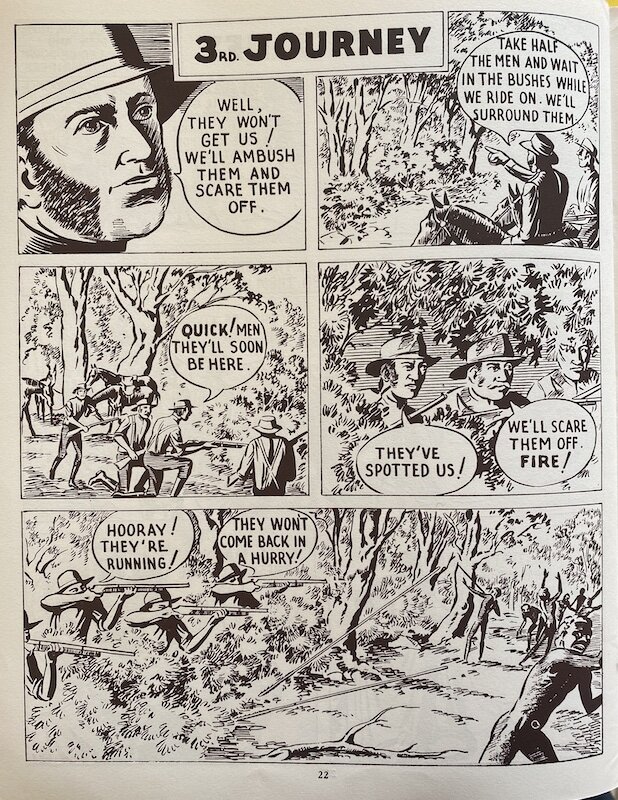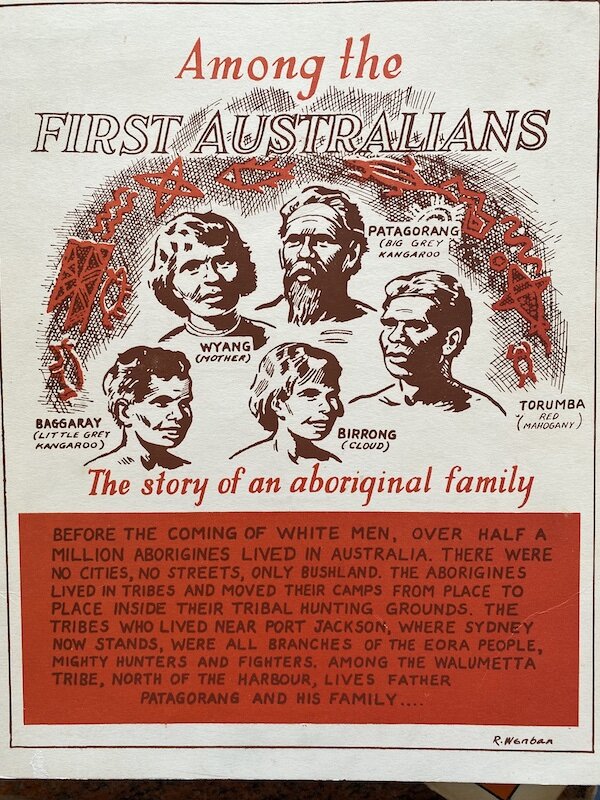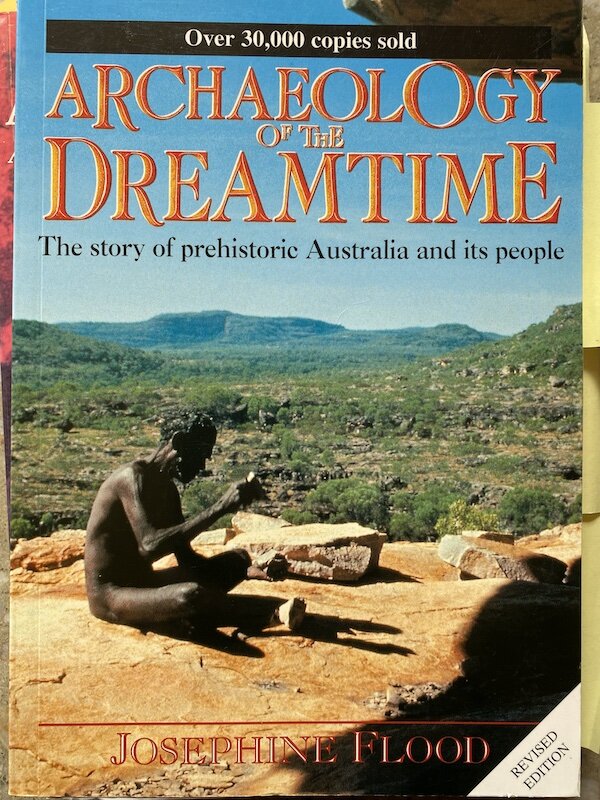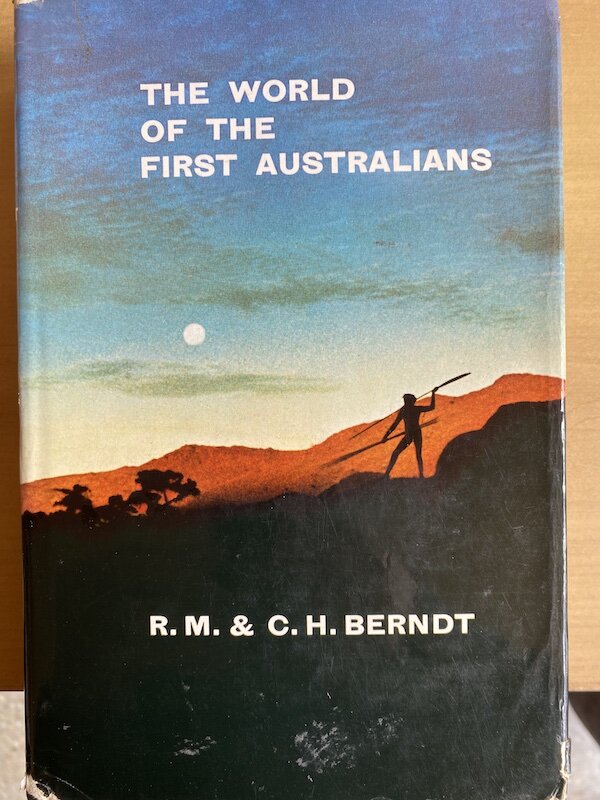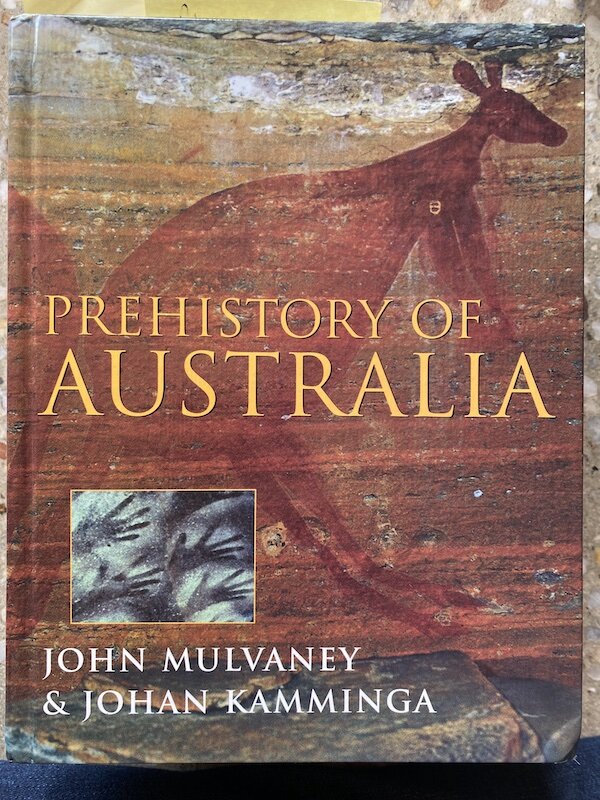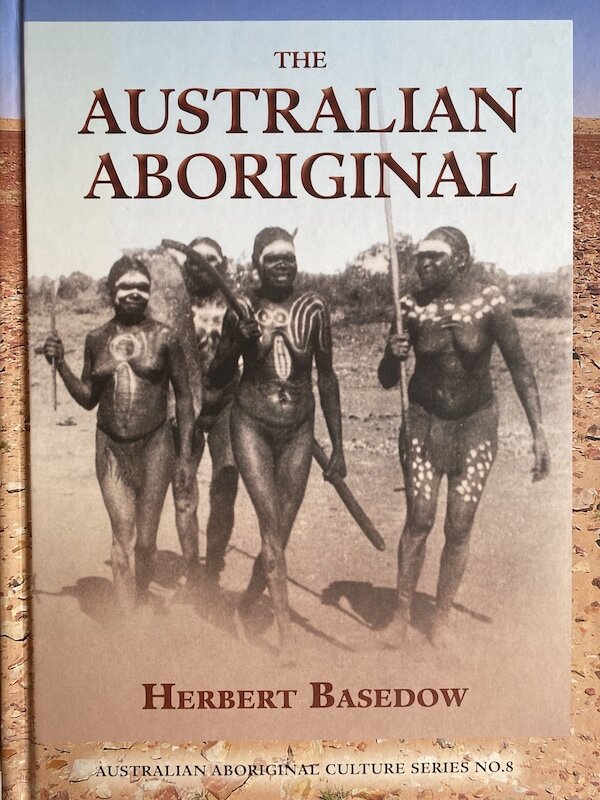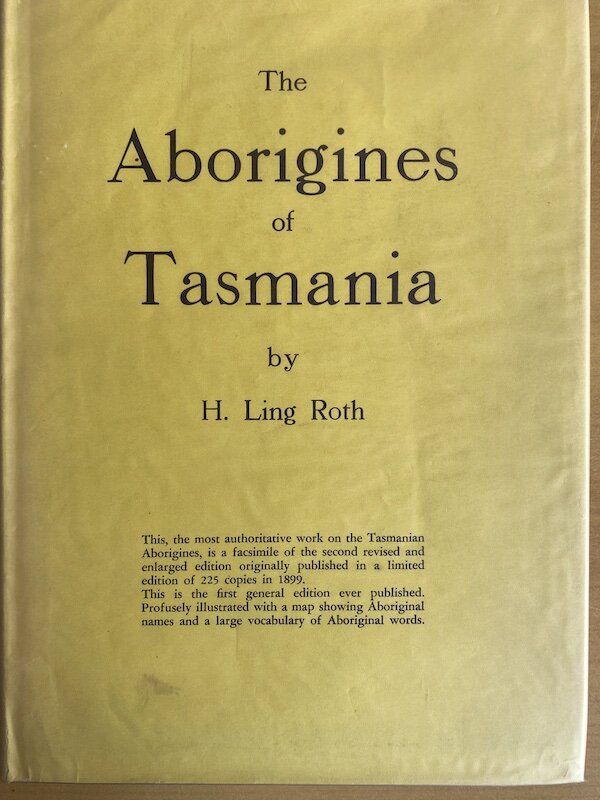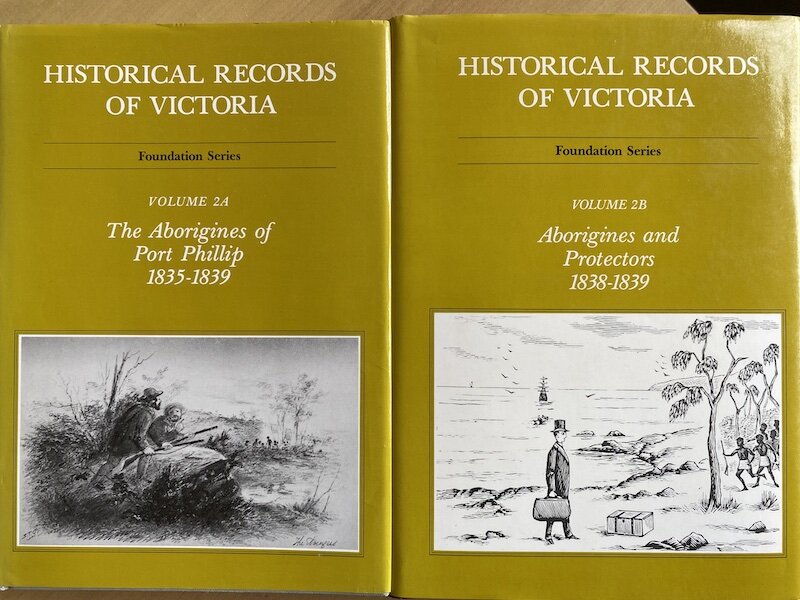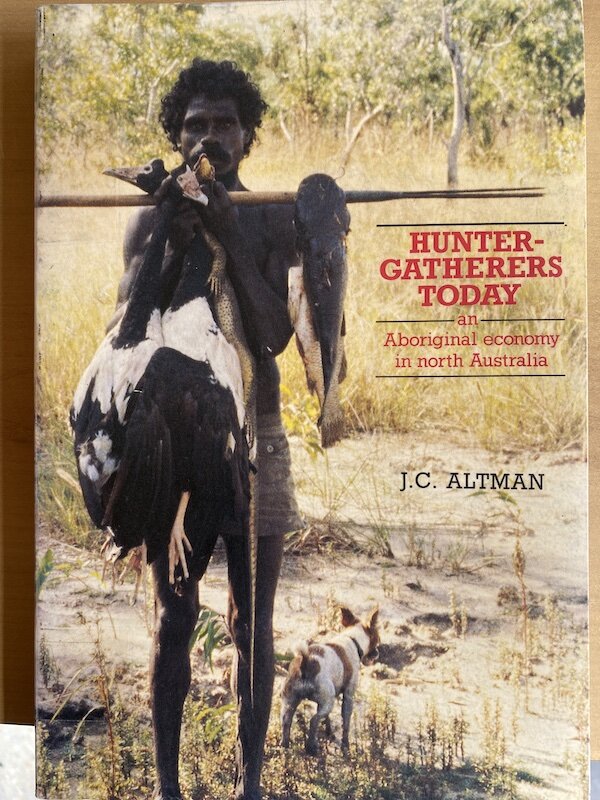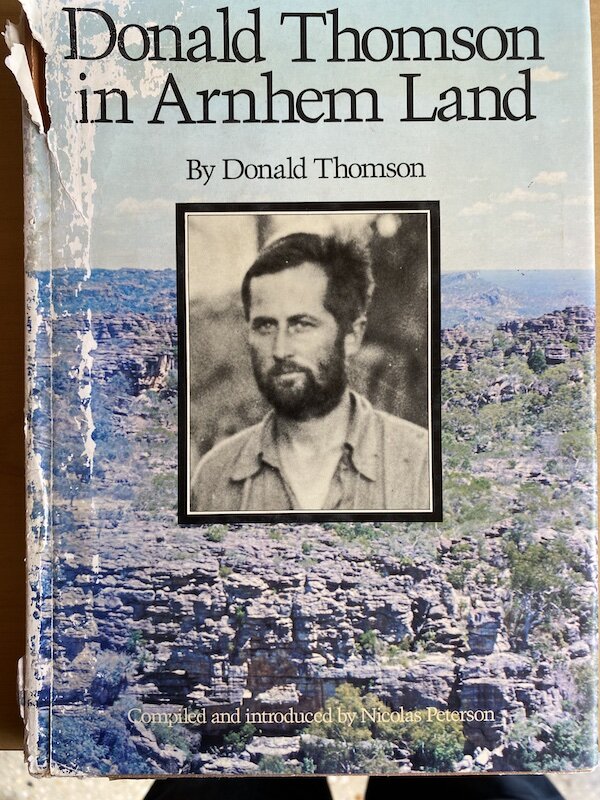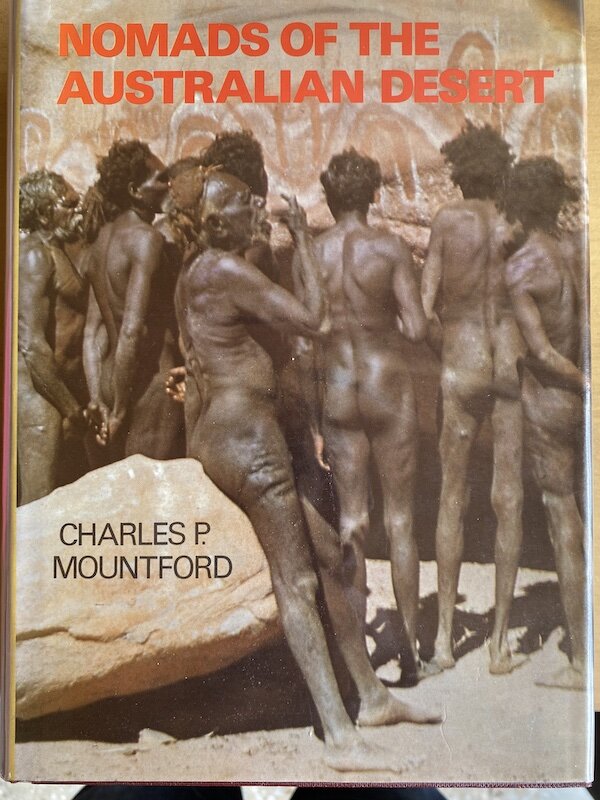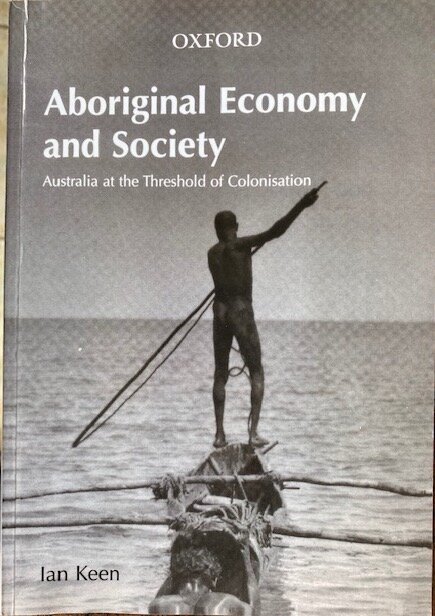The Irrelevance Of Bruce Pascoe and his Dark Emu
Bruce Pascoe has been given the opportunity to voice his opinion on the fate of his Dark Emu theory in a Melbourne Age Opinion piece, that was published on September 11, 2021, ironically the twentieth anniversary of another disaster.
Dark Emu ‘flawed’
Perhaps the editors at The Age felt they owed Mr Pascoe some recompense for the utter hatchet job the same newspaper and it’s sister publication, The Sydney Morning Herald did on Mr Pascoe and his Dark Emu back in June 2021 (see towards the end of our Media page here )
In this blog-post we point out the irrelevance and intellectual shallowness of Bruce Pascoe’s opinion, as expressed in his Melbourne Age article.
We have selected parts of his opinion piece and added real facts (shown in our italics and bold emphasis) to match his ‘mere’ opinions.
OPINION : Call for conversation not screaming match about Aboriginal history, By Bruce Pascoe, The Age, September 11, 2021 — 12.01am
The Opinion piece includes a photograph of Mr Pascoe with the caption,
‘Yuin man Bruce Pascoe on his property Yumburra near Mallacoota’.
[Mr Pascoe used to be adamant he was an Aborginal Bunnurong man and a Tasmanian Aboriginal man.
However, in this opinion piece, he has now dropped those ‘tribal’ prefixes. Is this because the leaders of those Aboriginal tribal groups declared he was not one of them, leading others to allegedly imply that Bruce Pascoe is a ‘fake’ Aborigine?
Many Australians are possibly thinking that if Mr Pascoe can’t even get his own claims to ancestry correct and believed, how can we believe his other claims for Aboriginal history and economy?]
Mr Pascoe’s piece continues,
The Black Summer bushfires burned much of his property. The two large paddocks where he grows Australian grasses were also burned but have surged back stronger than ever.
[But it appears that after some decade of work, Bruce Pascoe and his various companies, such as Black Duck Foods, still are not selling these new grains commercially. Indeed, it appears that the Black Duck Foods online food shop, where the supply of these grains was always advertised as ‘Coming Soon’, is still ‘ Coming Soon” (see here at bottom of page). Are our tax-payer funded grants of up to $200,000 to organisations like Mr Pascoe’s Black Duck Foods giving our society a good return? Where is the native grain and flour that we were promised?]
Mr Pascoe tells us that,
‘…When my uncle encouraged me to follow the family heritage I was amazed at how quickly that led me into foreign territory. This was an Australian history for which my education had not prepared me, a story of murder, oppression and disdain…Most families I spoke to mentioned massacres as others might mention migration. In talking of the late 1800s and 1900s, stolen children became a punctuation mark for the same families.
I began to visit libraries so that I could re-educate myself. The information wasn’t hard to find but I was puzzled by the complete lack of reference to this material in Australian public life or schooling. As a school teacher I was embarrassed to have swallowed the shallow history I had been taught.
I was asked to help compile the Wathaurong dictionary and that task gave me even greater access to libraries and records offices. I began to take notes on frontier massacres. Those notes became my book Convincing Ground, but during that research I kept coming upon observations by “pioneers” and “explorers” of Aboriginal people building wells, dams and houses, sowing seed, harvesting grain crops and tubers.
I was astounded that this information was so readily available and yet over 16 years of education across a dozen schools and a university I had not encountered any of it. Why?’
[The why, we suggest is because Mr Pascoe is ‘just making all this up.’ It is in Mr Pascoe’s literary interest to convince his naive readers and the school kids of today that he, Mr Pascoe, has uniquely discovered the hidden truths and uncovered a modern version of Stanner’s ‘Great Australian Silence’, about Aboriginal murders, massacres, complex features of the hunter gatherer economies and Aboriginal word dictionaries to boot!
What we have found however, is that there was a wealth of this information in the school curriculum when Mr Pascoe was at school and when he was a teacher. It is very misleading for him to suggest otherwise. In a quick search of our own library at the Dark Emu Exposed offices were were able to find the following.}
The acclaimed primary school history book, The Australia Book, was published in 1952 by Australian author and historian, Eve Pownall and illustrated by Margaret Senior. The book won the Children's Book of the Year Award: Older Readers in 1952 and was widely used in schools in the 1950s and 60s.
Page 1 of the book was devoted to the First Australians, the Aboriginal people. ‘Progressives’ like Mr Pascoe and the ‘educationalists’ at the ABC might like to think it is they who are the first to use terminology such as the First Australians, but in fact they are ‘johnny come lately’s’.
See here for more selected pages dealing with Aboriginal people and, horror of horror, supposedly ‘forbidden topics’ such as the treatment of the Kanakas.
Aboriginal killings, frontier violence and conflict.
School children in the 1950s and 60s were taught, often in quite explicit detail, a history of Australia that did cover violent conflict between Aboriginal people and the explorers and settlers. For Bruce Pascoe to claim that this history was hidden and not known is just plain wrong. Children were also introduced to the ‘complex’ hunter gathering techniques used by aborigines to survive for 50,000 years on this continent.
We have located just a few examples of some illustrated school teaching readers published in 1958.
The first selection of pages are excerpts from a school reader on Major Thomas Mitchell’s Explorations - one of Bruce Pascoe’s favourite explorer sources cited in his book Dark Emu - which covers violence and observations by “pioneers” and “explorers” of Aboriginal people’s complex hunter gatherer economy
Examples of school children being taught, in the 1950s and 60s, about Aboriginal and settler violence is further illustrated in this school reader on the history of Tasmania. Bruce Pascoe is wrong to suggest this part of our history was being hidden.
An interesting observation, which seems to escape Mr Pascoe and others who adhere to the myth that Aboriginal people of today cannot improve their lives because they are weighed down by the burdens of colonial ‘inter-generational trauma’, is how non-Aboriginal descendants of the convicts seem to have quite successfully overcome their ‘inter-generational trauma’ arising from the brutal convict penal system.
Indeed, some convict descendants, such as our own Prime Minister, Scott Morrison, have been able to overcome their family’s inter-generational trauma to such a degree that they now hold some of the highest positions in the land.
In the 1950s and 60s our school children, including presumably a young scallywag called Bruce Pascoe, were taught about Lachlan Macquarie and his governorship of NSW. Looking at the 1958 school resource book below, it seems hard to believe Bruce Pascoe when he now claims today that,
‘This was an Australian history for which my education had not prepared me, a story of murder, oppression and disdain…
I began to visit libraries so that I could re-educate myself. The information wasn’t hard to find but I was puzzled by the complete lack of reference to this material in Australian public life or schooling. As a school teacher I was embarrassed to have swallowed the shallow history I had been taught.’
Perhaps young Bruce was playing truant when his teacher presented the following, warts and all ‘story of murder, oppression and disdain’.
This 1958 school reader called, Among the First Australians - The Story of an Aboriginal Family, provides a good explanation to school children of what was known of the anthropology of Aboriginal society at the time.
It is surprising to us for Mr Pascoe to claim that he was,
‘…puzzled by the complete lack of reference to this material [a story of murder, oppression and disdain] in Australian public life or schooling. As a school teacher I was embarrassed to have swallowed the shallow history I had been taught.’
This school reader [see full copy here] should have been available to Mr Pascoe in his school days and it contains plenty of ‘murder, oppression and disdain’ (but perhaps not the ‘politically correct’ version that Mr Pascoe is puzzled at not being taught) as well as a good version of a typical Aboriginal economy and society suitable for school children.
Mr Pascoe in his Opinion piece continues,
I began collecting the material that would become Dark Emu and read Peter Latz, Bill Gammage, Rupert Gerritsen, Katie Langloh Parker, Bain Attwood, Ian Clark, Philip Clarke, Heather Le Griffon and a host of other archaeologists, historians and anthropologists. I read from the journals of missionaries [sic], especially Sievwright, Robinson and Thomas, and as many of the explorers and magistrates as had written journals. It was obvious that many colonial officials and modern researchers had done a lot of work in the field, and I was stunned by the different picture that research painted of the frontier. As one historian noted at a history conference at ANU in 2015, a lot of very useful work had been done but it had failed to reach the attention of the public…
Australian education has told such a false story of Aboriginal culture and history that many Australians think that culture is worthless… But I believe those days are dying. Many non-Aboriginal Australians are hungry for a more comprehensive and honest history of their country. Henry Reynolds has been inspiring enthusiastic readers for decades. Jim Bowler has shown through all his dedicated years of archaeology that there is a much more interesting story to tell about our country than the one I was served up when I was at school. I receive literally thousands of letters and texts from Australians bemoaning the poverty of their education about the First Nations on this continent. Those people express a desire for things to change in schools and society at large.
[Editor : Sigh…. It is a bit hard to know where to begin in explaining this dark emuing by Mr Pascoe, who’s literary success relies on the fact that his readers are generally naive with regard to Aboriginal history and anthropology.
Generally most readers want to believe the author and when Bruce Pascoe says, ‘a lot of very useful work had been done but it had failed to reach the attention of the public’, they tend to believe him.
But the facts are that there have been dozens, and dozens, of books written for the public over the past 150 years on these very topics. Any member of the public so interested had a wealth of accurate information available to them. As highlighted by the academics Peter Sutton and Keryn Walshe in their 2021 book, Farmers or Hunter-gatherers? The Dark Emu Debate, the real danger is that thousands of well-meaning but ignorant readers will have mistakenly turned to Bruce Pascoe’s ‘hoax’ book, Dark Emu, as their source of information, rather than one or more of the following, much more accurate, reference works.]
Scholary works exploring ‘frontier violence’ were appearing more than 100 years prior to historians such as Henry Reynolds coming along in the 1970s and, as Pascoe claims, ‘inspiring enthusiastic readers’.
Consider the work of the historian John West who published his History of Tasmania in 1852. This book contained a very substantial section on the lives and fate of the Tasmanian Aborigines.
As early as 1948, Clive Turnbull published his book, Black War, dealing wth many of the issues Henry Reynolds only started to write about some 50 years later.
Further Thoughts and Reading
A Critic’s Summary
This opinion piece, by cosmopolitan ‘New Identifier’ and Aboriginal man, Bruce Pascoe, contains all the elements of Bruce’s award-winning writing that we have come to expect and love - a layering of all the familiar, emotive words used to justify our feelings of guilt, and appeal to our need to be seen to be caring for the plight of the Aboriginal victim.
Words that we can metaphorically carry as our own, ‘white man’s burden,’ whilst sitting in the comfort of our lounge-rooms in inner city Melbourne. Words such as, massacre, oppression, Stolen Generations, ‘Why wasn’t I told?’, the ‘Frontier Wars’ and racism, amongst others.
Once again, Pascoe has excelled in providing us concerned Progressives with an ability join the moral crusade of the virtuous, as we vent our indignation and blame someone else for the problems of Aboriginal Australia - and all for the trifling price of a copy of The Age Newspaper.
No wonder Bruce Pascoe is Australia’s greatest, publishing sensation.
Further topics raised by Bruce Pascoe in his Opnion piece that we are too tired to address in detail in this blog post :
‘…That change is coming. Hundreds of senior Aboriginal people are engaging in gruelling work with the Victorian government to draft a form of treaty. Many of those same people were involved in the Uluru Statement, the best essay ever written in Australia. It is such a modest statement and so caring of all Australians. I don’t know the names of the actual wordsmiths but I think it is the most beautiful piece of writing I have ever read…’
[Editor : Actually the ‘wordsmiths’ are right out of the Congo - some of the critical words of the Uluru Statement are plaigarised from a Mr. Bayona-Ba-Meya, Senior President of the Supreme Court of Zaire,]
‘…There has been some criticism of my book, Dark Emu, but when I read the book, Farmers or Hunter-Gathers? The Dark Emu Debate by Peter Sutton and Keryn Walshe, which claims to repudiate it, I was amazed at how frequently the writers agreed with me…’
[Editor: Note to Bruce : you are dreaming - No, they didn’t agree with you]
‘…Whether the history is 65,000 or 120,000 years or more, we know that it is the oldest human civilisation on earth. It’s not about a culture being better or worse than any other, it’s about the true history of the land and how the First Nations culture managed their economy and society. And how that sovereignty was taken away. It still surprises me that airwaves melt down when someone suggests that the invasion of Australia was just that, an invasion.’
[Editor : Pascoe uses the classic Cultural Marxist Newspeak technique of distorting the meanings of words to claim the political ground of his opponents. It is not fully accepted to be 65,000yrs old and, as Keryn Walshe says, it is physically and genetically impossible to be 120,000 yrs.
Also Aboriginal society was not a ‘civilization’ - to say it was is to distort the meaning of the word ‘civilization.’ Aboriginal societies in 1769 did not possess internationally recognisable ‘sovereignty’ - “Never was, never will be sovereign Aboriginal land “, here and here]. New Holland was legally ‘settled ‘not ‘invaded’. Saying otherwise won’t change historical fact.
They inspire me to think that this country can move closer together rather than further apart and that we can have a conversation about the past as we head into the future and not a screaming match designed to have people who will never read either book baying for blood, because blood is easier than thought, and blind intransigence easier than regret.
[Editor : There is no screaming match - Dark Emu is a ‘hoax’ - just made up rubbish - as numerous numerous critics have been pointing out in conversations over the past two years. The problem is that Bruce Pascoe and his dwindling number of supporters just don’t want to be part of the conversation by listening and accepting facts]









